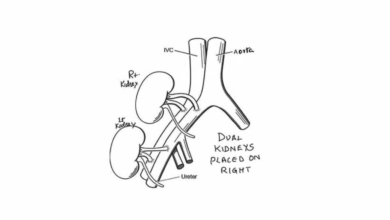Passive smoking exposure nearly doubles stroke risk, says new study
Researchers have explored in detail how varied smoking habits influence the risk of getting a stroke, in a new study published in the journal eClinicalMedicine.
t found that current smokers are at a higher risk of getting a stroke compared to those who never smoked, with the association being stronger for ischaemic stroke, the most common kind and caused when blood fails to reach the brain. The international study included researchers from St John’s Medical College and Research Institute, Bangalore.
Both filtered and non-filtered cigarettes were linked with an increased stroke risk and passive smoking – exposure to environmental tobacco smoke (ETS) – for more than ten hours a week was found to nearly double the stroke risk, especially that of ischaemic and intracerebral haemorrhage (ICH). ICH is caused by bleeding of a ruptured blood vessel in the brain.
The team also found that in young heavy smokers (more than 20 cigarettes a day) under 50 years of age, stroke risk more than doubled, which was higher compared to increasing 1.5-fold in participants aged 70 and above.
The study findings are relevant to global efforts directed at reducing tobacco use and exposure, the researchers said.
Their suggested measures included preventing the youth from initiating and encouraging current smokers to quit, along with legislations aimed at building and supporting a smoke-free environment.
Around 46 per cent of young men in South East Asia were found to be current smokers, while those among young females in Eastern/central Europe/Middle East were found to be over 16 per cent.








